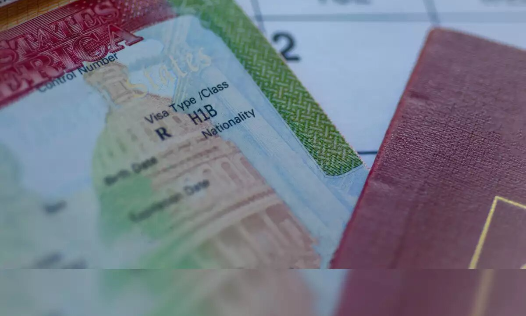H-1B visa registrations begin March 6; US says it's working on cutting processing times, green card backlogs
Singapore is grappling with labour shortage as birth rates continue to fall in the country, prompting the government to look for ways to attract foreign workers.
In a parliamentary session on Wednesday, Deputy Prime Minister Lawrence Wong stressed Singapore's continued need for foreign talent due to slower population and resident workforce growth. Wong emphasized that the country, facing a manpower shortage, must stay open to foreign workers, particularly in burgeoning sectors like the digital economy where skilled talent is globally scarce.
Wong acknowledged the contribution of work-permit holders, constituting about two-thirds of the foreign workforce, performing roles that locals may not find attractive. With Singapore's total fertility rate dropping to an estimated 0.97% in 2023, the lowest in its history, the government is compelled to consider alternative sources for sustaining economic growth.
The Deputy Prime Minister outlined Singapore's comprehensive system to regulate the quality and quantity of work-pass holders at all workforce levels. He highlighted the country's unique challenges, being a small island nation without natural resources, emphasizing the importance of self-reliance.
Wong underscored the government's commitment to social spending, quadrupling it over the last two decades. In his roundup speech on the SGD131.4 billion government spending plan, he explained that sustaining growth is crucial for securing a better future for Singaporeans. Increased value-add and attracting high-quality investments, known for innovative activities, are essential elements for long-term prosperity.
Leader of the Opposition Pritam Singh emphasized the need for sustainable growth, recalling past government statements about slowing down growth. Wong agreed, stating that the focus now is on sustainable development, addressing infrastructure concerns and adapting planning processes to meet evolving challenges.
"The reality is that Singapore will always be a little red dot (a teaser for being small) - we have no hinterland, we have no natural resources, unlike resource-rich countries like Qatar or the UAE," Wong said, as he laid out the Government's plans to achieve between 2 and 3 per cent growth annually over the next decade.
"If we falter, no one will come to our rescue," The Straits Times quoted Wong as saying in parliament.
 Book an Appointment
Book an Appointment
